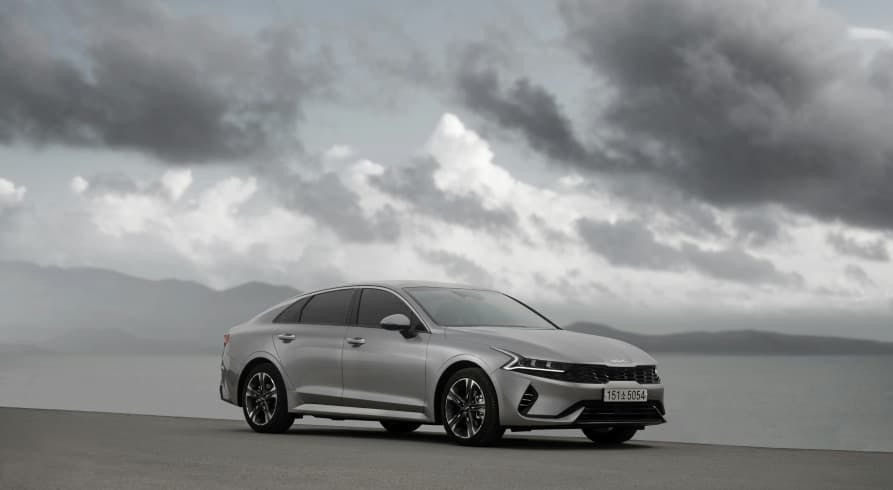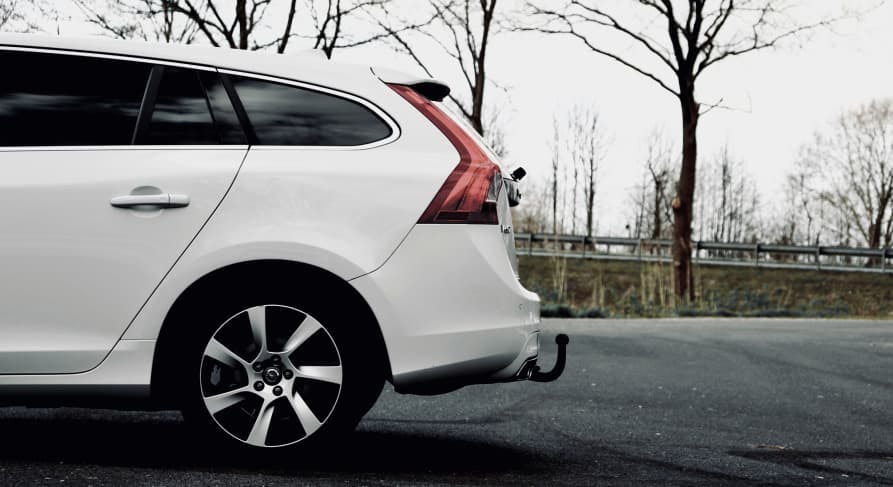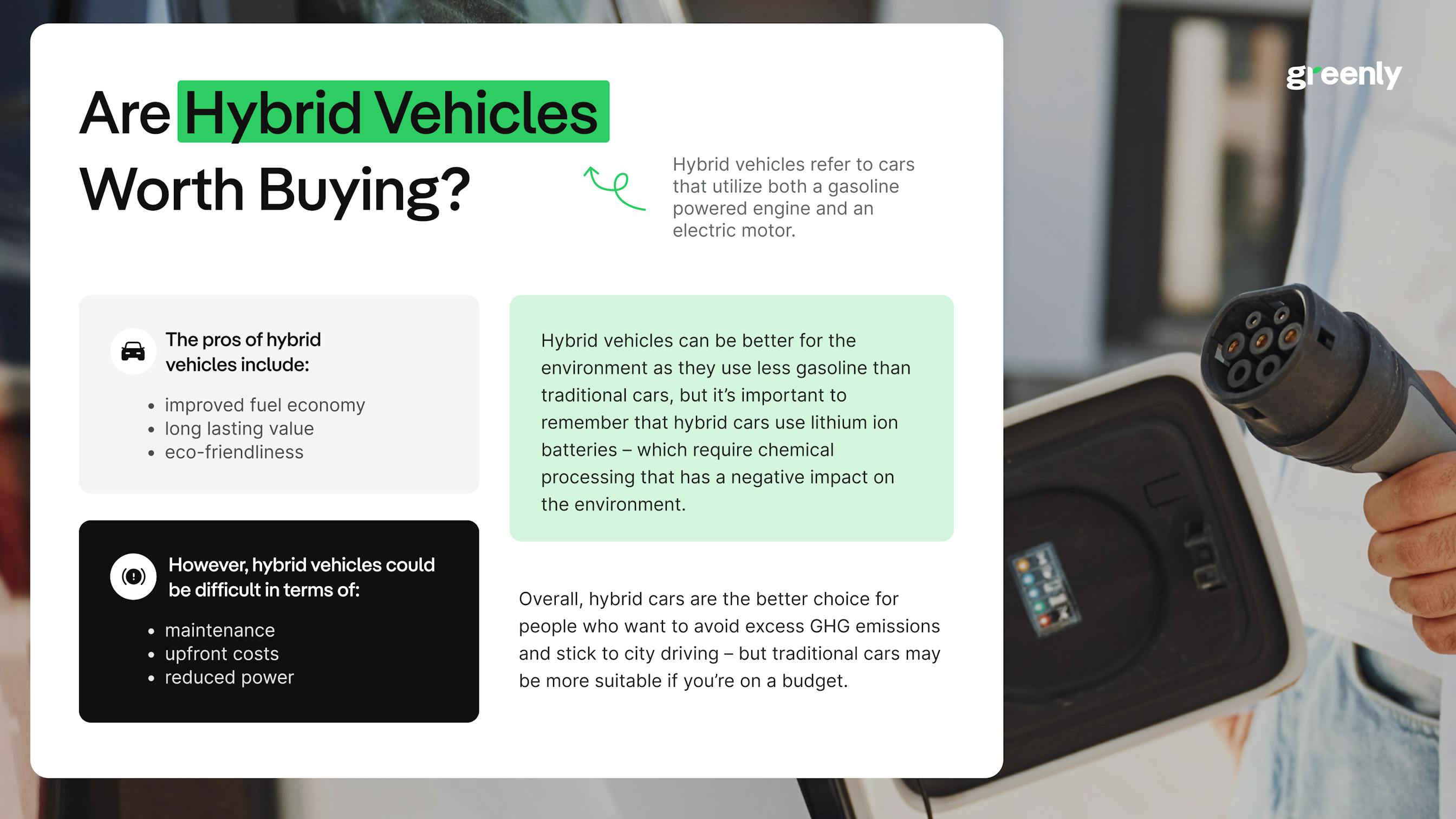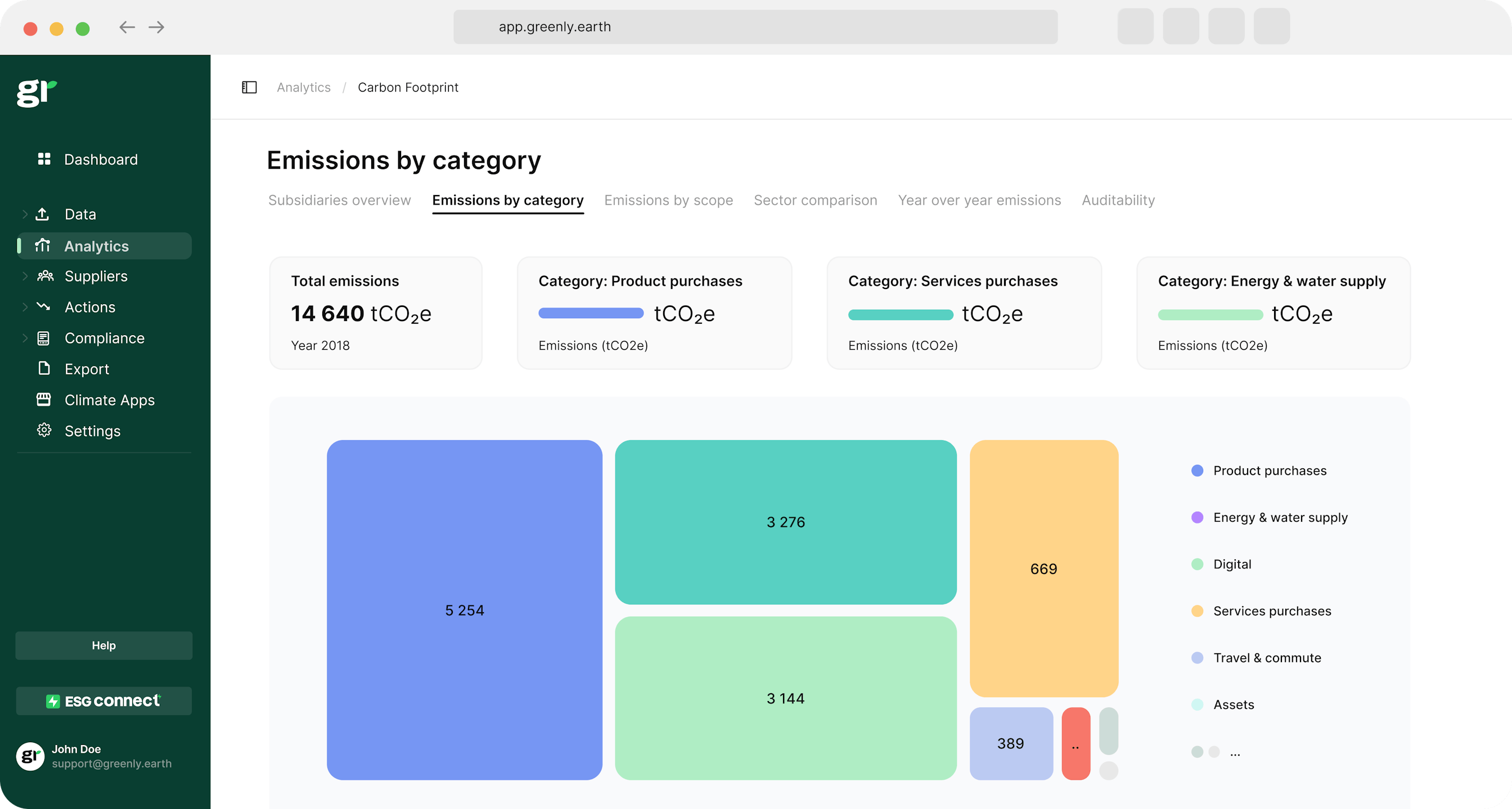In this article, we’ll explain what hybrid electric vehicles are, the pros and cons, and if they are worth the investment.
ESG / CSR
2024-09-24T00:00:00.000Z
2024-09-24T00:00:00.000Z
en-us
In today’s world, transport emissions account for almost a third of all GHG emissions in the
U.S. alone – with other countries such as India and China not being far behind.
As an effort to reduce the environmental impact of daily travel, most commonly due to excessive car usage – many car companies and consumers have started to opt for hybrid electric vehicles.
Hybrid electric vehicles, otherwise known as HEVs, refer to cars powered by a traditional engine while also utilizing energy in stored batteries. This can allow frequent drivers to reduce guilt regarding their gas consumption, and also improve fuel economy.
In this article, we’ll explain what hybrid electric vehicles are, the pros and cons, and if they are worth the investment.
What are hybrid electric vehicles?
Hybrid electric vehicles (HEVs) refer to cars that use both a traditional combustion engine (ICE) in addition to rechargeable batteries for car power.
💡The main goal of hybrid vehicles is to use dual power for improved fuel efficiency and to help reduce the environmental impact created by cars with traditional, gasoline powered engines.
“Hybrid vehicles are a good option for people who want to reduce their fossil fuel consumption, but cannot afford a fully electric vehicle (EV) just yet – as hybrid vehicles are less expensive than fully electric vehicles.”
Popular examples of hybrid vehicles include:
- Toyota Prius
- Honda Insight
- Ford Escape Hybrid
Hybrid Vehicles (HEVs) work via a dual power source, usually an internal combustion engine (ICE) used for traditional gasoline or diesel engines, and then supplemented by an electric motor powered by a battery to be charged the same way someone would charge an electric vehicle.
Usually, hybrid vehicles switch between their gasoline engine and their electric motor for whichever is bound to provide the most power at fuel economy in the given moment. This is dependent on various driving conditions, such as the speed limit or terrain of the road. For instance, hybrid vehicles will often opt for their electric motor when driving at lower speeds to conserve fuel, and use the gasoline engine when higher speed is needed.
There are three main types of hybrid systems for hybrid vehicles:
| Hybrid System Type |
Description |
| Parallel Hybrid |
The electric motor and gasoline engine can work independently or together to power the car. |
| Series Hybrid |
The gasoline engine is used only to charge the battery, which powers the electric motor that drives the wheels. |
| Plug-in Hybrid (PHEV) |
Similar to HEVs, but with a larger battery that can be charged via an external power source, allowing for more electric-only driving. |
Examples of HEVs:
- Toyota Prius
- Honda Insight
- Ford Escape Hybrid
👉 Ultimately, hybrids are a good choice for people looking to reduce their fuel consumption and spend less money on gasoline without committing to a fully electric vehicle.
What are the pros and cons of hybrid electric vehicles?
There are several pros and cons to buying hybrid vehicles, such as the opportunity to be eligible for tax incentives and improved fuel economy. However, hybrid vehicles can be more expensive and may not provide the same amount of power as a traditional gasoline car.
“Hybrid vehicles are a good middle ground for those looking to improve their fuel economy or to help reduce global GHG emissions, but it is important to be aware of the downsides of hybrid vehicles before purchasing.”
Here are some of the pros of buying hybrid vehicles:
- Eco-friendly & Improved Fuel Economy – Hybrids make use of an electric motor that can help reduce the need for gasoline on a frequent basis, as people with hybrid vehicles will not need to make a trip to the gas station as often. As a result this can help to reduce CO2 emissions and improve gas mileage.
- Fiscal Benefits – Many governments, including the United States with the Inflation Reduction Act of 2022, will provide various tax credits or incentives for purchasing more environmentally friendly vehicles. This can help to not only encourage others to save the planet, but make owning hybrid vehicles less expensive than one may think.
- Long-Term Value – As the world moves towards a clean energy economy and decarbonization, hybrid vehicles will continue to retain value – in the same way an apartment in New York City or Paris will never drastically decrease in value. This means that even if you purchase hybrid vehicles you grow to dislike, they can easily be resold to help you financially and the planet, environmentally.
- “Zippier” Cars – Hybrids are made using lightweight materials as it helps them to run on less power, and as a result – not only helps to conserve energy, but can give the car a “zippy” feeling to make driving more pleasurable.
- Simultaneously Charing & Braking – Hybrid vehicles make use of a system called “regenerative braking,” which allows the battery to recharge whenever the driver initiates the brake. This allows owners of hybrid vehicles to stall needing to recharge their battery, which may not be possible with a fully electric vehicle.
- Long Lasting – These days, hybrid vehicles are able to last over 200,000 miles – making it an excellent long-term investment for people looking to purchase a reliable car.
👉 According to the Federal Highway Administration (FHWA), Americans drive an average of 13,476 miles per year – meaning that hybrid vehicles, if well maintained, could last for almost 15 years.
Regardless of all of the enticing reasons to purchase hybrid vehicles, these dual engine powered cars come with their downsides – such as by requiring more maintenance and reduced power.
Here are some of the cons of hybrid electric vehicles:
- Reduced Power – Hybrid vehicles use both a gasoline engine and an electric motor, and while this can help to improve fuel economy – drivers may notice less power than they would with traditional fully gasoline or electric cars. Therefore, hybrid vehicles may be best for those who predominantly drive in the city – and the less optimal choice for those who have frequent highway commutes.
- Expensive – Hybrid vehicles are not cheap, and require an initial investment – which can take up to 8 years before the consumer breaks even on the amount of gasoline saved in comparison to the initial upfront cost of the hybrid vehicle.
- Needed Expertise – As hybrid vehicles are constantly being upgraded, it can be hard to find a mechanic that will understand your hybrid vehicles’ needs. This could mean that maintenance and repairs for hybrid vehicles may be higher than for other cars.
- Greater Risk of Electrocution – Hybrid vehicles use batteries with a high voltage, which means that passengers have a greater chance of accidentally being electrocuted if an accident is to occur.
👉 All in all, hybrid vehicles can prove beneficial for drivers who want to improve their fuel economy – but it may require greater maintenance costs and prove useful for those who need more powerful cars.

How can hybrid vehicles be better for the environment?
Hybrid cars can be better for the environment, but it is important to remember that there are environmental downsides to the use of hybrid vehicles – seeing as they still require gasoline and operate via lithium ion batteries.
“One of the main threats to hybrid vehicles being considered environmentally friendly is contingent on how long the driver uses the car, ensures maintenance, but most importantly – how the lithium ion battery is handled.”
Here are some of the ways that hybrid vehicles can be good for the environment:
- Reduced Emissions – Hybrid cars can help to reduce the amount of GHG emissions created by traditional vehicles.
- Improved Air Pollution – Reduced levels of GHG emissions in the air as a result of using hybrid vehicles can help to improve air quality.
- Less Dependency on Fossil Fuels – Hybrid vehicles illustrate a world that is possible to slowly decrease dependence on fossil fuels, and further encourage people to consider alternative modes of transportation that are less carbon intensive.
👉 However, it is important to remember that hybrid vehicles do make use of lithium batteries – which requires chemical processing and extraction that is harmful to the environment.
Is it better to get a hybrid or regular car?
Deciding to purchase a hybrid car over a regular car will be contingent on several factors – such as your budget and your driving needs.
💡 Generally, a traditional car may be better for those who drive on the freeway often and need to stick to a tighter budget, while hybrid vehicles may be more suitable for those who predominantly stick to city driving and can handle an initial investment.
Here’s a breakdown of some of the main comparisons to consider between a traditional and hybrid car:
- Fuel Efficiency – Hybrid cars are better for fuel efficiency, but remember – they are better for city driving. Gasoline powered cars will not have as good fuel economy, but they will have more power than hybrid vehicles. Hybrid cars are ultimately better for those driving in urban areas looking to save on fuel costs.
- Environmental Concerns – Hybrid cars are the better choice as they emit less GHG emissions than gasoline powered cars. If going green is important to you, then a hybrid car is the most appropriate choice.
- Cost of Car – Usually, a gasoline powered car is the more affordable option – especially seeing as it takes years to break even from purchasing a hybrid vehicle.
- Maintenance Costs – Hybrid vehicles are more complex than traditional cars, which means that the repairs for a regular car may be more affordable for those on a budget.
- Driving Habits – Regular cars are better for those with daily freeway commutes, while a hybrid is better for someone who needs a car to go to the local grocery store or gym.
👉 Ultimately, the choice to purchase a traditional or hybrid vehicle will depend on your individual environmental concerns, your budget, and your driving habits.

Should I purchase a hybrid car?
You should consider purchasing a hybrid car if you have the appropriate budget and driving habits most suitable to own a hybrid vehicle.
Remember, if you can’t afford the price and commitment of a hybrid vehicle – there are other ways to help save the planet in terms of transportation:
- Walk
- Bike
- Use Public Transportation
All in all, hybrid vehicles are a great option for those who want to reduce their transportation emissions and take one step closer to fighting climate change – but it is important to be fully aware of the potential setbacks of owning a hybrid vehicle.
What About Greenly?
If reading this article regarding hybrid electric vehicles has made you interested in reducing your carbon emissions to further fight against climate change – Greenly can help you!
It can be overwhelming to figure out how to effectively reduce your corporate carbon emissions, but don’t worry – Greenly is here to help. Click here to schedule a demo to see how Greenly can help you find ways to ensure your company is complying with all current and future environmental regulations.
Greenly can help you make an environmental change for the better, starting with a carbon footprint assessment to know how much carbon emissions your company produces.















